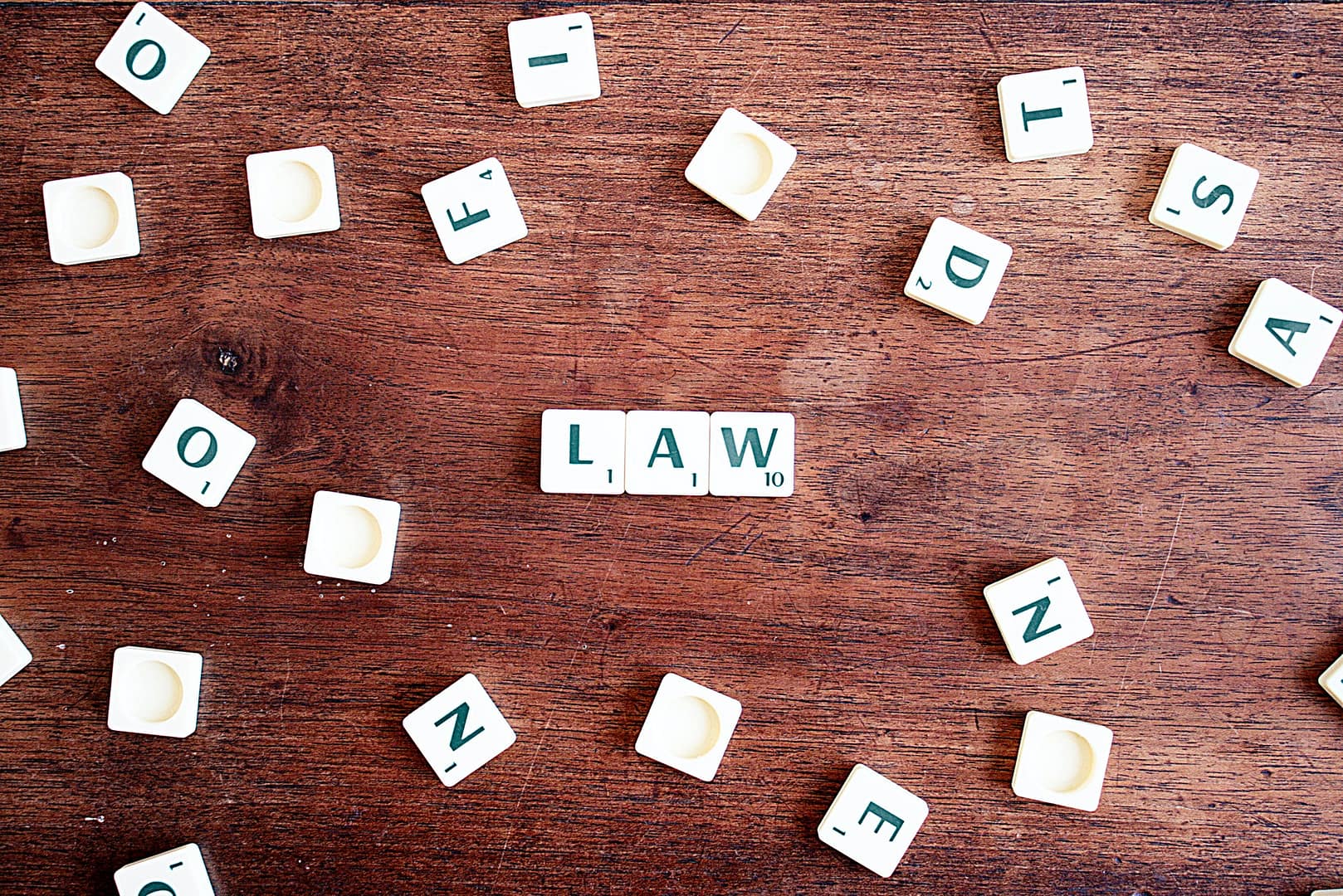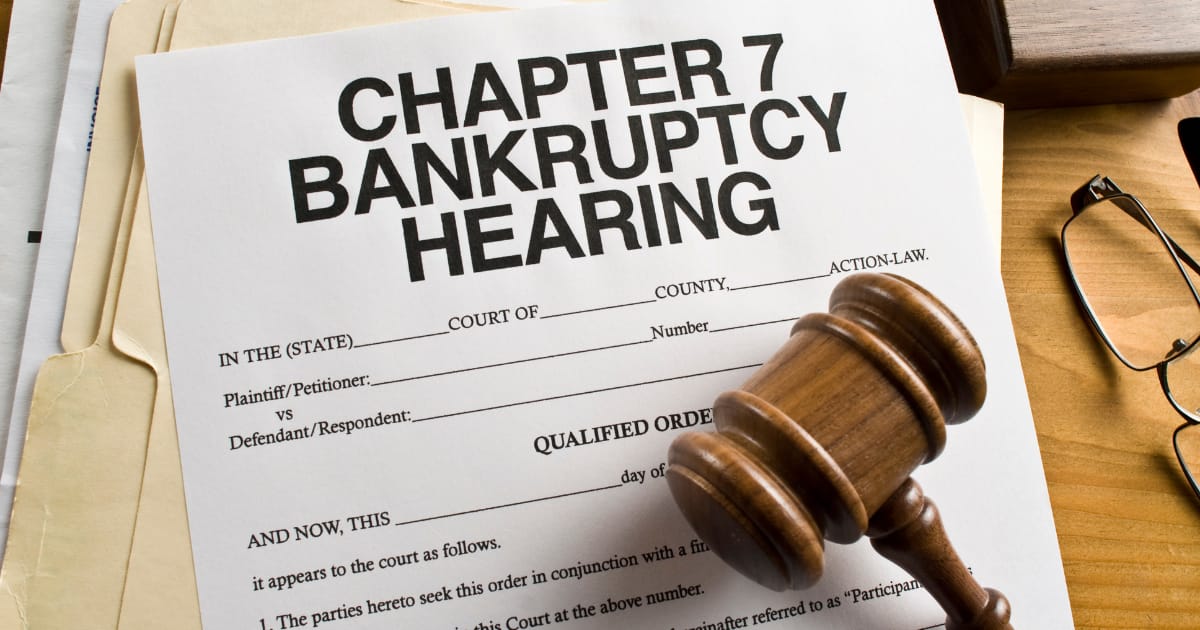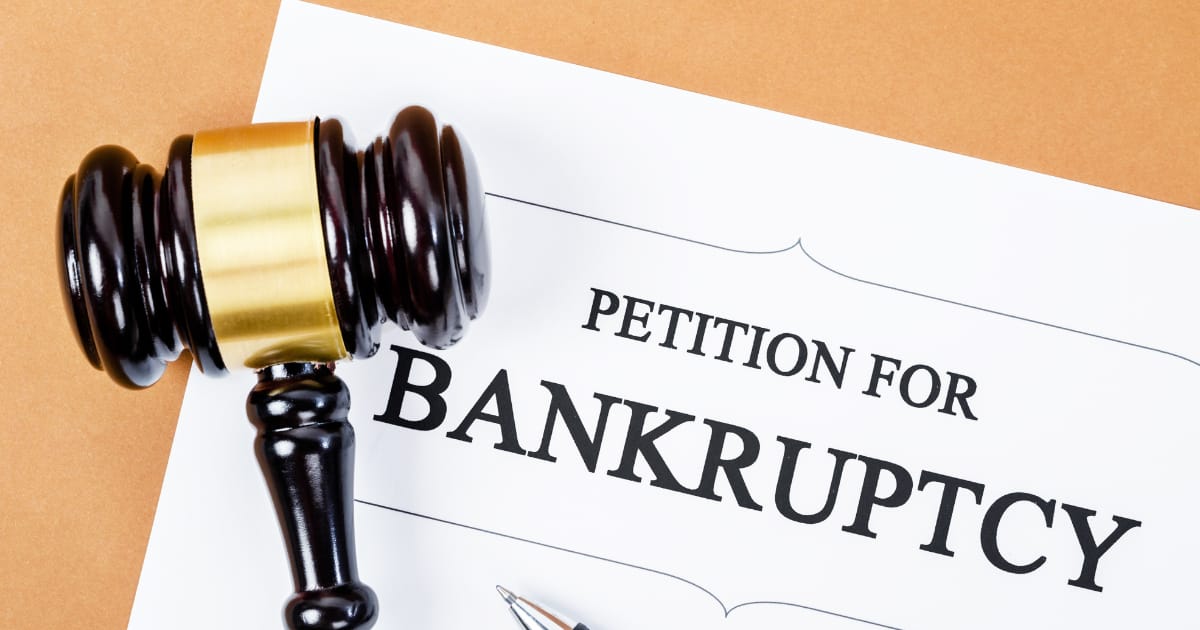
Bankruptcy isn’t the answer to all financial problems, and it shouldn’t be your only option. However, if you’re in serious debt and don’t have other options, filing bankruptcy may be the best way to deal with your problem. Here are some of the questions you should ask yourself before you decide to file.
Are You Judgment Proof?
Before you file for bankruptcy, assess your situation and determine if you’re judgment proof. This means that you won’t lose your home or vehicle if you don’t pay them off. It also means that you don’t need to worry about creditor harassment or threatening calls from debt collectors.
If you’re not judgment proof, it’s unlikely that bankruptcy will help solve your debt problems. Instead, consider reducing your expenses, increasing your income, negotiating lower interest rates, or selling some property.
Is There a Way to Avoid Filing for Bankruptcy?
Before you consider bankruptcy, look at your financial situation and try to figure out whether there are any alternatives that might be more effective. This can include a complete budget revamp, working with creditors to reach a debt settlement, or consolidating your debt into one loan with one payment.
You can also work with a debt counselor to come up with a debt-relief plan. Oftentimes, these options are less expensive than filing for bankruptcy and can be much more effective in solving your financial problems.
Is Your Debt a Long-Term Issue?
Bankruptcy can provide a fresh start for your financial life. It can allow you to eliminate a variety of unsecured debts, which gives you the freedom to pay down other bills and build healthy habits around money. It can also give you the opportunity to reestablish your credit, and many people see their scores increase after filing.
Is Your Debt Using Up All of Your Resources?
If you’re behind on your mortgage or car payments, filing for bankruptcy might be a good option to catch up and avoid foreclosure or repossession. In addition, filing for bankruptcy might help you get rid of second mortgages or other secured debt and reduce the interest you pay on your vehicle loans.
Can I Keep My Car?
If the equity in your car is greater than the exemption amount, you can usually keep it. But if you’re struggling to make your mortgage or car payments, you might want to talk with a bankruptcy lawyer about whether it would be better for you to surrender the vehicle in exchange for some of the equity in it.
Is Your Employer Knowing About Your Bankruptcy?
If your employer knows you’re filing for bankruptcy, it could negatively affect your career. You might have trouble getting hired, or you could find it hard to keep a job. It can also negatively impact your personal life.
Is Your Credit Report Impacted?
In most cases, bankruptcy will stay on your credit report for at least seven years. This can be a disadvantage if you’re trying to get a new credit card, auto loan, or mortgage in the future.






